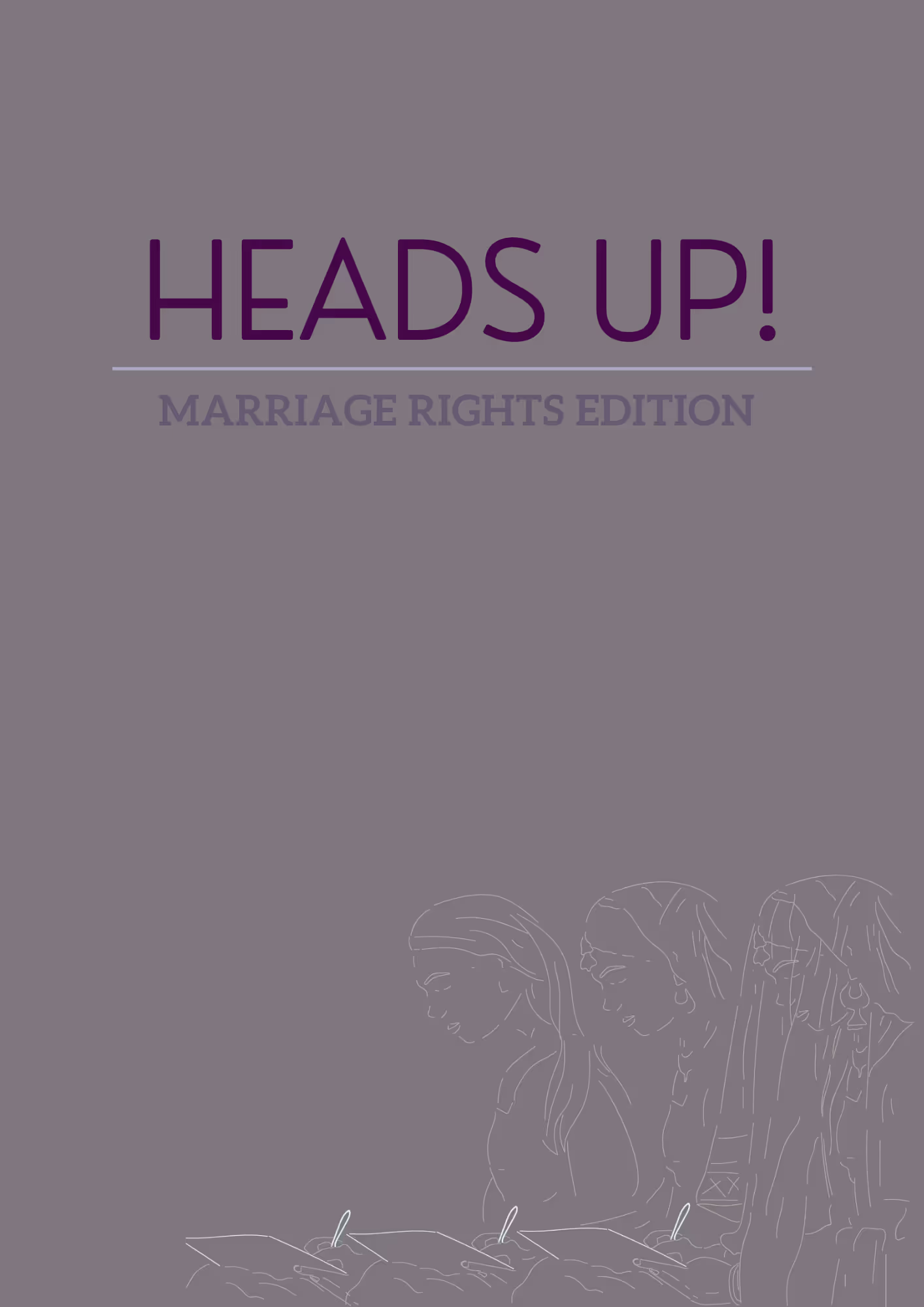
CFHR’s publications reflect its commitment to evidence-based advocacy, systemic reform, and accessible legal knowledge.
Our body of work includes academic journals, blogs, policy reviews, research reports, and training manuals that address pressing socio-legal issues in Pakistan and the region. These resources aim to inform policymaking, enhance public awareness, and support practitioners, civil society actors, and affected communities in advancing justice and equality.
The Human Rights Review is CFHR’s flagship academic platform, offering space for young scholars and legal professionals to share critical insights on human rights issues. It promotes rigorous legal analysis and thoughtful debate on themes such as gender justice, digital rights, environmental justice, and democratic freedoms. Complementing this is the Human Rights Blog, which features timely and accessible reflections on unfolding developments. It amplifies diverse voices, especially those of youth and grassroots advocates.
CFHR’s Policy Reviews offer targeted analysis of systemic gaps within Pakistan’s legal and policy frameworks. These reviews guide legislators, legal practitioners, and institutions by presenting evidence-based recommendations that address entrenched inequalities and socio-economic harms. Each review explores the intersectional challenges behind these issues and proposes actionable reforms to strengthen rights protections.
Our in-depth research reports cover a broad spectrum of human rights concerns. These range from women’s marriage rights and global climate change litigation trends to digital discrimination and the regulation of firearms. Grounded in legal analysis and empirical data, these publications are used by stakeholders who seek to understand and address the structural causes of injustice and exclusion in Pakistan.
In addition to research and analysis, CFHR produces handbooks and manuals designed for frontline actors such as trainers, educators, officiants, and civil society organisations. These practical tools translate complex legal information into accessible formats and support capacity-building for rights-based service delivery and advocacy, particularly within marginalised communities.
Across all its publications, CFHR remains committed to producing high-quality, impactful knowledge that not only informs but also drives meaningful and lasting change.

Nikahnama Checklist
CFHR’s Ijaazat Campaign offered a detailed checklist to empower women and families in navigating the Nikahnama process with confidence and clarity.

Nikahnama Cheat Sheet
CFHR’s Nikahnama Cheat Sheet is a concise visual tool from the Ijaazat Campaign, simplifying key marriage contract clauses for women’s awareness.

Heads Up - Marriage Rights Edition
CFHR’s interactive game raises awareness of women’s marriage rights through engaging, team-based challenges in workshops and classrooms.

Human Rights Review Vol VII
This volume explores key human rights challenges, from COVID-era rights violations to cyberwarfare laws, featuring diverse legal insights and global perspectives.

Global Climate Justice
This report, prepared for the Philippine Commission on Human Rights by the Centre for Human Rights, aids in developing a climate change curriculum and framework. It analyzes successful climate change litigation globally, focusing on landmark cases and the evolving role of climate science as legal evidence.

Defining Honour: The Case of Qandeel Baloch
The Lahore High Court acquitted the accused in the Qandeel Baloch murder case due to a pardon from the victim's parents, highlighting issues within Pakistan's criminal justice system. The court's decision is criticized for its restrictive interpretation of the law and its failure to address the systemic issues contributing to impunity in honor killings.

Justice in the Juvenile Justice System of Pakistan
The Juvenile Justice System Act of 2018 in Pakistan aimed to improve the juvenile justice system, but implementation remains lacking. The act's shortcomings, particularly concerning age determination and the death penalty for juveniles, continue to violate international human rights standards.

Human Rights Review Vol VI
This volume explores counter-terror laws, their human rights impact, and judicial oversight, highlighting tensions between security, nationalism, and civil liberties.

Bridging the Digital Divide during Covid-19: A Right to Internet Access and the Path Towards Sustainability in Education
CFHR’s research examines the critical need for internet access as a fundamental right in education, emphasizing the role of legal and policy frameworks in addressing digital inequality.

Harassment, Bullying & Misconduct Policy
This template for educational Institutions helps to promote survivor-sensitive policies to prevent harassment, bullying, and misconduct through legal alignment in universities in Pakistan.
Local Action, Global Impact
We work across Pakistan, driving legal reform, advocacy, and policy change to protect human rights and empower communities.
